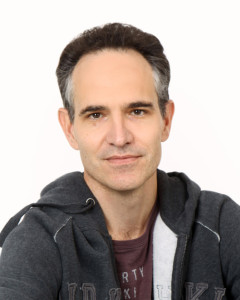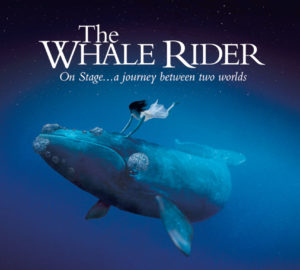We know that to become a successful writer you need good time management and self-discipline. But award-winning writer and creativity coach Russel Brownlee says there’s a secret to creating a “bloody-minded commitment” to writing, and it all starts with desire.
With his passionate outburst of, “It’s not cool to be a writer, it’s really f**king difficult!” I knew I was going to get honesty from Russel.
I had pressed South African based Brownlee for tips for new writers. With his third novel – Garden of the Plagues – winning him the Olive Schreiner Award for debut fiction and being shortlisted for the prestigious Sunday Times Literary Awards, I was confident Brownlee would affirm my angle that self-discipline is critical for new writers.
However, Brownlee adds a “yes…but” to questions like whether he believes this plays a role in being a successful writer.
“Self-discipline is critical,” he agrees, “but you need a burning desire to have the discipline.”
Putting the Soul into Your Writing
He is passionate about this topic, stressing that a writer can create a “soulless practise” by focusing on time management and other skills alone. He emphasises the importance of first finding your “burning desire” and then “formalising your writing into a disciplined practice”.
Soul is what Brownlee emanates, describing himself as an inspiration specialist. His second passion for self-actualisation and personal development led him to write his non-fiction book, The Discovery of Causeless Joy: how to be happy no matter what happens. He also runs a self growth course for writers at SA Writers College called Freeing the Writer Within, helping writers unleash their creative potential.
So how do you transform something as intangible as finding your burning desire – having soul – into a practical strategy for new writers?
“Passion comes from seeing the end result so clearly that the thought of not getting what you want is too painful to endure,” says Brownlee.
Envisioning Your Success as a Writer
He encourages new writers to work on a vision of what life will look like when they succeed, and to be specific and clear.
For instance, how does your success benefit others? How will you feel? Are you earning great money? Contributing? Sharing? Travelling?
The next step is to regularly remind yourself of the “mundane life” you will have if you don’t chase your dream. Nothing like a reality check to boost motivation!
And if this sounds like a frivolous waste of time when you could be writing, here is a true reality check.
According to a Huffington Post article, electronic self-publishing has made it “easier than ever to be an author and harder than ever to get attention to your work”. It highlights the need for perseverance, citing examples such as the 800 rejections C.S Lewis received or the 30 rejections Steven King endured before his first novel Carrie was published.
Brownlee has experienced the high emotional risk it takes to become a successful writer. And if he seems big on finding ones “burning desire”, he is even bigger on needing this motivation to push you forward when your dream hits the real world.
Always Do Reality Checks
And what exactly does the real world look like? What sort of sacrifice does it take?
For Brownlee, juggling a day job, missing out on social engagements, running out of inspiration and running out of money,
And so, for all his talk about working from your heart, his advice is pragmatic.
He sees many new writers giving up too soon and compares the path of a new writer to that of an entrepreneur. He describes how the sacrifice can feel too great when you don’t know why you are doing it.
Advice he gives to new writers is to look at your writing career as creating a business.
Study success in business and it confirms the message that having a dream worth fighting for is critical.
Popular success coach and best-selling author of Awaken the Giant Within, Tony Robbins claims, “People are not lazy. They simply have impotent goals – that is, goals that do not inspire them.”
Brownlee admits there is no doubt all great writers and entrepreneurs have their daily rituals of just getting the job done. But he remains firm on his advice that “discipline plus desire equals success”.
Considering that self-discipline is such an unsexy word – conjuring visions of diets and deprivation – it’s a relief there’s a more soulful way to become a successful writer.
And if you take Brownlee’s advice that we need to “nail ourselves to the mast” in order to succeed, it seems logical that new writers need a dream worthy of fuelling that sort of “bloody-minded commitment”.
About Kirsty Cooke
Kirsty is a global business mentor and mother of two. Her lifelong passion for empowering women has taken the focus of parenting believing that a mother is the centre of their child’s world – and critical to it.
Through practical
Kirsty is a graduate of the Freelance Journalism Course at the Writers College.

















